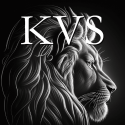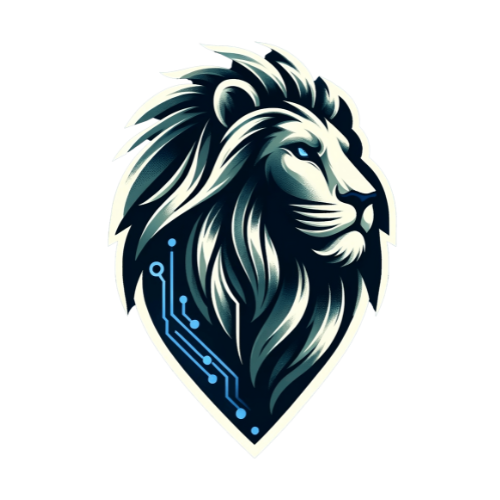Sales Cloud Object Reference: A Comprehensive Guide
In the fast-paced world of modern business, managing and organizing sales data is crucial for success. Salesforce, a leading customer relationship management (CRM) platform, offers a robust solution with its Sales Cloud. Sales Cloud provides a wide range of standard and custom objects to help businesses streamline their sales processes and drive revenue growth. In this blog post, we will provide a comprehensive reference guide to Sales Cloud objects, their attributes, and their uses.
1. Account
The Account object in Salesforce Sales Cloud is used to store information about organizations or individuals with whom your business has a relationship. It includes fields such as name, address, phone number, and industry. Accounts can be associated with opportunities, contacts, and other related objects. This object is at the core of the sales process and allows sales teams to track and manage their interactions with customers.
2. Contact
The Contact object represents a person associated with an account. It includes fields like name, email, phone number, and job title. Contacts can be linked to multiple accounts and are often used to track the individuals within an organization who are involved in the sales process. They play a crucial role in maintaining customer relationships and serve as important reference points within the CRM system.
3. Opportunity
The Opportunity object is used to track potential sales deals or opportunities. It includes fields like name, amount, stage, and close date. Opportunities allow sales teams to manage the sales pipeline, forecast revenue, and track the progress of potential deals. They can be associated with accounts, contacts, and other related objects to provide a comprehensive view of ongoing sales efforts.
4. Lead
Leads represent potential sales prospects who have shown some interest in your products or services. The Lead object includes fields like name, email, phone number, and source. Leads are often captured from various sources such as web forms, marketing campaigns, or trade shows. They serve as the starting point in the sales process, and once qualified, can be converted into accounts, contacts, and opportunities.
5. Product
The Product object allows you to track your organization’s products or services. It includes fields such as name, description, and price. Products can be associated with price books to define pricing and discounts. Sales teams can add products to opportunities and generate quotes or proposals based on the selected products. The Product object helps ensure consistency in product information across different sales channels.
6. Campaign
The Campaign object represents marketing campaigns or initiatives that drive leads and opportunities. It includes fields like name, start date, end date, and budget. Campaigns allow you to track the effectiveness of your marketing efforts and understand the ROI of different campaigns. They can be associated with leads, contacts, and opportunities, providing valuable insights into the sales pipeline’s response to marketing activities.
7. Case
The Case object is used to track customer issues or support requests. It includes fields like subject, description, status, and priority. Cases allow your support team to efficiently handle and resolve customer inquiries, complaints, or technical issues. They can be associated with accounts or contacts to provide a complete view of customer interactions. The Case object helps improve customer satisfaction by ensuring timely resolution of support requests.
8. Quote
The Quote object is used to manage price quotes or proposals for products or services. It includes fields like quote number, expiration date, and total amount. Quotes can be generated from opportunities and include details of selected products, pricing, and discounts. They can be sent to customers for review and approval, streamlining the sales quoting process and ensuring accuracy in pricing and configurations.
9. Order
The Order object represents a customer’s purchase order or contract. It includes fields like order number, status, and total amount. Orders are created from approved quotes or directly in response to customer requests. They provide a record of the products or services purchased by customers and facilitate order fulfillment and invoicing processes. The Order object helps track revenue and manage the complete sales cycle from quote to cash.
10. Dashboard
The Dashboard object allows you to visualize and analyze your sales data using charts, tables, and other graphical representations. Dashboards provide real-time insights into key performance indicators (KPIs) such as pipeline, revenue, and win rates. They help sales managers and executives monitor the progress of their teams and make informed decisions to drive growth. Dashboards can be customized to display relevant metrics specific to your business.
These are just a few of the standard objects available in Salesforce Sales Cloud. The platform also allows you to create custom objects tailored to your unique business needs. By leveraging the power of Sales Cloud and its object-oriented architecture, businesses can streamline their sales processes, improve customer relationships, and drive revenue growth.
At Kingdom Valor Solutions, we specialize in helping businesses implement and optimize Salesforce Sales Cloud. With our expertise and experience, we can assist you in leveraging the full potential of Sales Cloud objects to transform your sales operations. Contact us today for a consultation!

